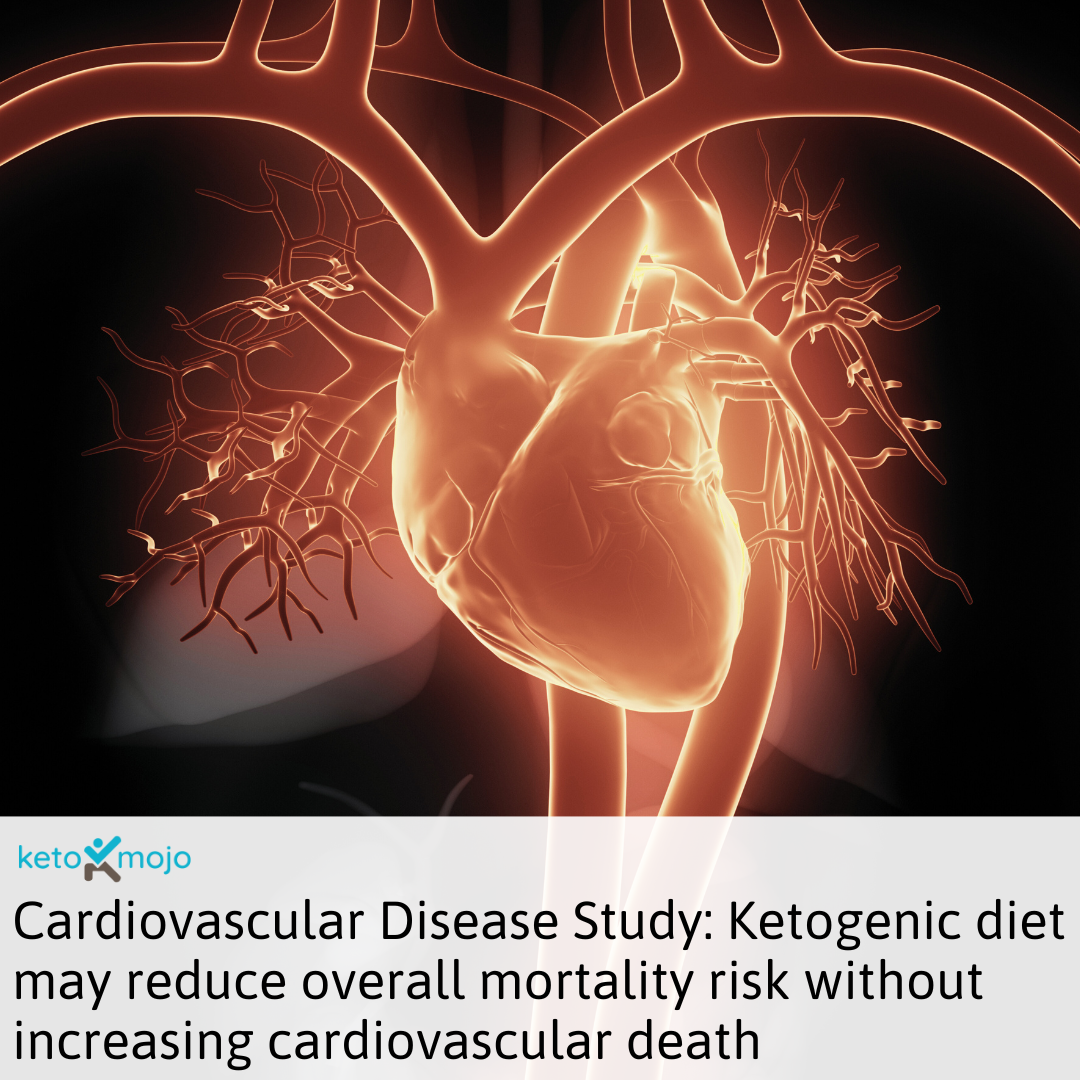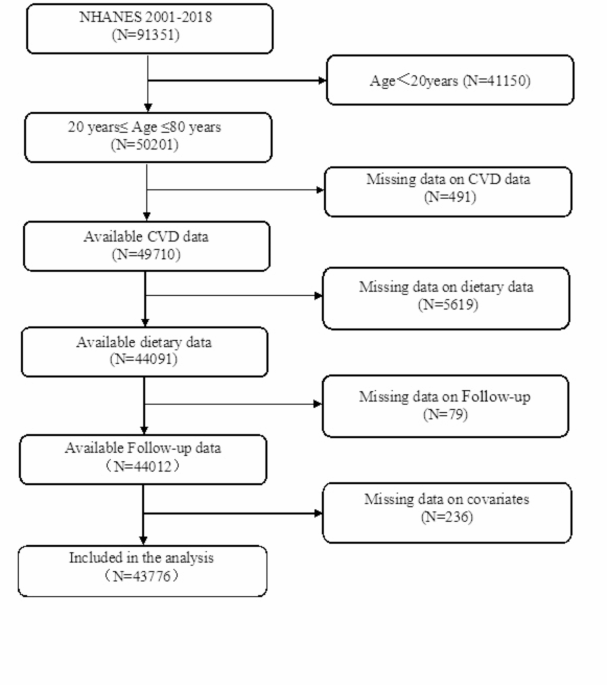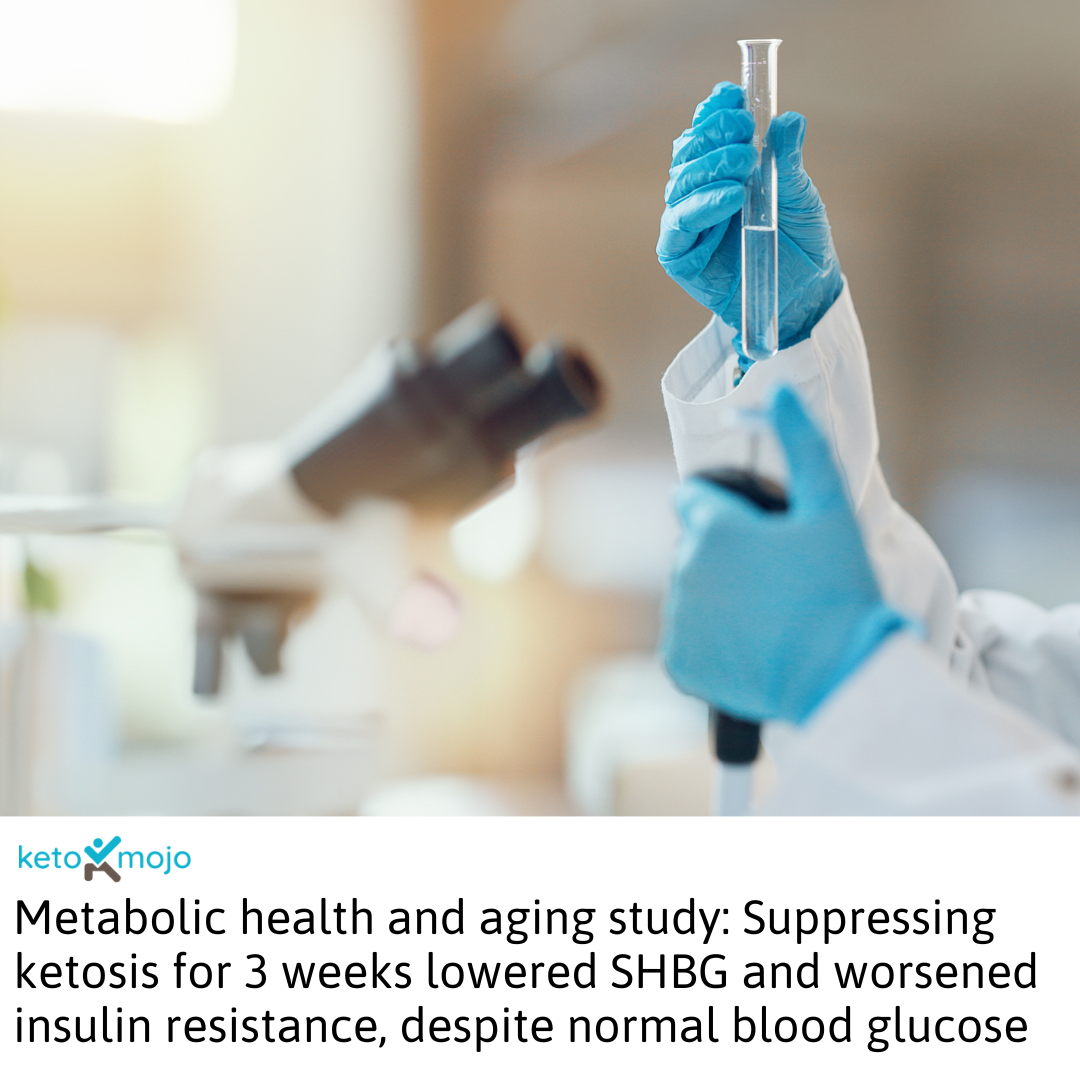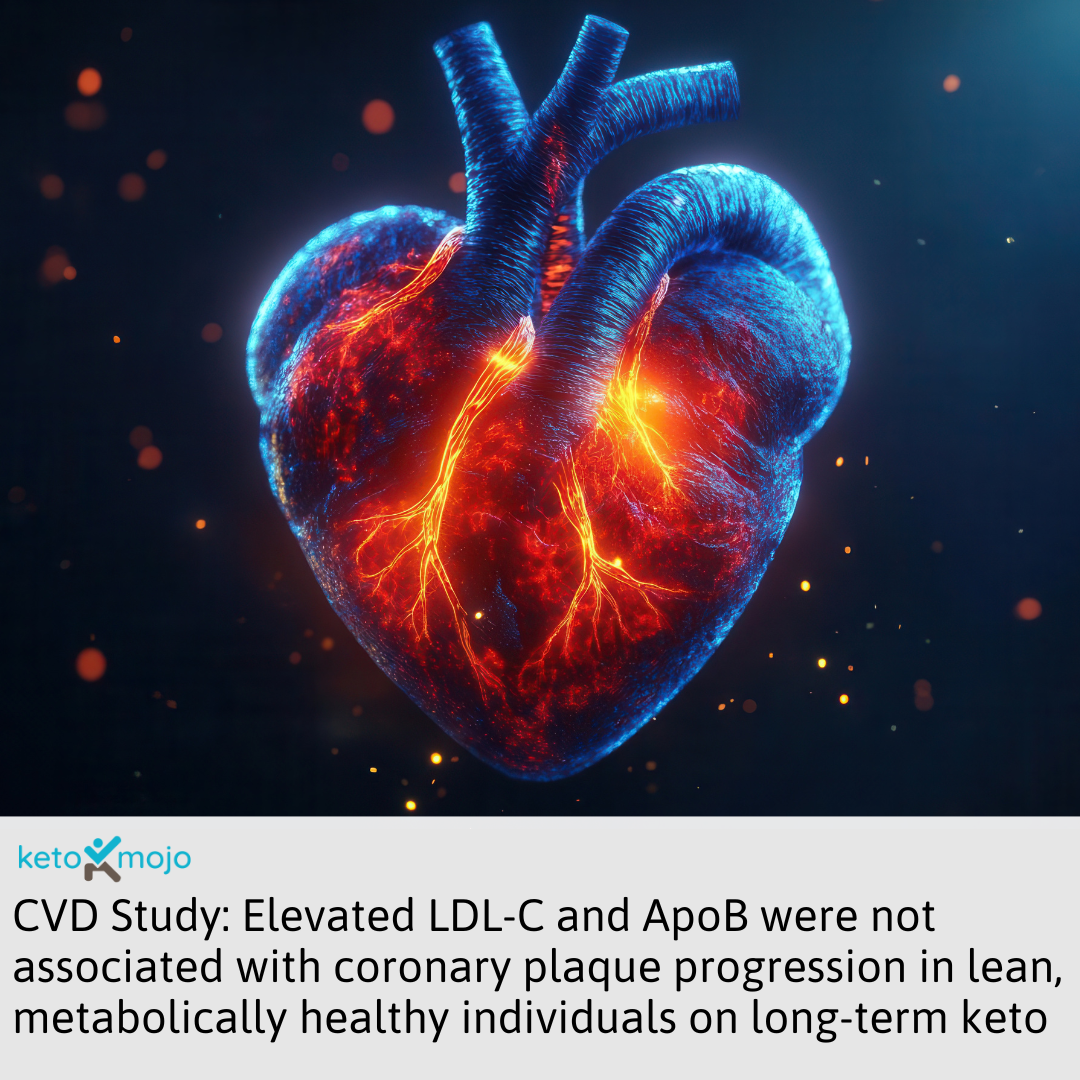Cardiovascular Disease, General Health
The ketogenic diet has the potential to decrease all-cause mortality without a concomitant increase in cardiovascular-related mortality

The ketogenic diet continues to receive interest for its ability to improve insulin sensitivity and glycemic control, promote weight loss, reduce inflammation, and enhance cognitive function. However, its effects on cardiovascular disease (CVD) and mortality remain debated due to concerns about its high fat content.
A recent study used National Health and Nutrition Examination Survey (NHANES) data from more than 40,000 people from 2001–2018 to explore the ketogenic diet’s impact on all-cause and CVD mortality.
Dietary intake data were collected through two 24-hour NHANES surveys—one face-to-face and one by phone—allowing participants to recall food and beverage intake, with energy and nutrient values calculated from these averages.
The Dietary Ketogenic Ratio (DKR) was then calculated to assess the participants’ adherence to the ketogenic diet. This calculation uses a specific formula combining fat, protein, and net carbs to create a DKR value from 0 to 9, with higher values indicating a stronger likelihood of reaching ketosis. Cox regression models were used to examine mortality risks.
After adjusting for confounding factors, the researchers reported the following results:
🔷All-cause mortality: Higher DKR was associated with a reduced risk of all-cause mortality.
🔷CVD mortality: No significant association was observed between DKR and cardiovascular disease mortality.
🔷Subgroup findings: The protective effect of the ketogenic diet on all-cause mortality was more pronounced in older women and non-smokers.
Although this is an observational study based on self-reported food intake, these results suggest that a ketogenic diet may potentially lower overall mortality risk without increasing cardiovascular death. However, further research is needed to confirm these findings and better understand its long-term health effects.







